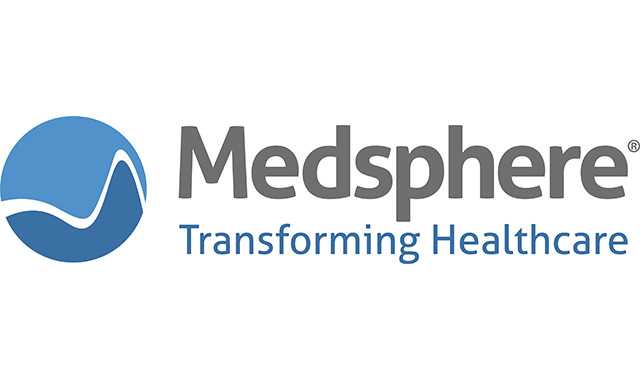By Edmund Billings, MD,
What would you call a physician who sewed up a patient’s wound without addressing the depression, bipolar disorder or other behavioral health issue that led to the injury?
We might cynically label the doctor disinterested or inattentive; we might sympathetically call her distracted or overwhelmed.
But it might be far more accurate to say the doctor lacks information. With access to the patient’s complete health record when he came into the emergency department (ED), she could have known of his mental health challenges and moved swiftly to coordinate appropriate treatment.
Nationwide, the patchwork nature of mental health care—most mental health hospitals lack electronic health records (EHRs)—drives up overall health care costs primarily through expensive emergency department (ED) visits by people who present with apparent mental health challenges.
Of course, the disparity between mental and acute health care in the United States is caused by far more than a lack of EHRs in behavioral health settings. But more information enables better care and helps control costs, making it a necessary component in reforming the health care system.
Take New Jersey, for example. Last year in south New Jersey, 39 percent of all inpatient admissions resulted from a primary or secondary behavioral health diagnosis in the ED. Between 2009 and 2013, the number of ED visits by residents with a primary behavioral health diagnosis went up 20 percent. South New Jersey hospitals average 100 ED visits per day by people with a behavioral health concern.
“We have replaced the hospital bed with the jail cell, the homeless shelter and the coffin,” Rep. Tim Murphy (R-PA), told USA Today in a May 2014 exposé on the battered American mental health care system. “How is that compassionate?”
A child psychiatrist, Murphy is a co-sponsor of the Helping Families in Mental Health Crisis Act of 2013. Previously, he co-sponsored legislation that would extend to behavioral health facilities the financial incentives available to acute care hospitals for EHR adoption under the federal Meaningful Use program.
In recent decades, America has seen a dramatic reduction in beds reserved for psychiatric care. From 2009 to 2012, states cut $5 billion in mental health services and eliminated at least 4,500 public psychiatric hospital beds—nearly 10 percent of the total—according to Robert Glover, executive director of the National Association of State Mental Health Program Directors, in comments made to USA Today.
So, where do the people go who would have occupied those beds?
According to USA Today, they end up in jail or worse. Current estimates are that around 590,000 mentally ill people are in the nation’s jails and prisons, homeless shelters, or are on the streets.
“One in four Americans experiences a mental illness or substance abuse disorder each year, and the majority also has a comorbid physical health condition,” says an American Hospital Association (AHA) reportfrom January 2012 entitled “Bringing Behavioral Health into the Care Continuum: Opportunities to Improve Quality, Costs and Outcomes.” “In 2009, more than 2 million discharges from community hospitals were for a primary diagnosis of mental illness or substance abuse disorder.”
Of course the costs of mental illness weigh most heavily on immediate families, but the numbers clearly demonstrate that those costs, both emotional and financial, are not contained. Thomas Insel, director of the National Institute of Mental Health, told USA Today mental illness costs the country an estimated $444 billion per year. Per the the U.S. spent about $66 billion on mental health care in 2008, almost double the total from 1996. And most of mental health care spending comes from the public sector, not private.
Yes, the numbers are staggering, but this is not a challenge America can shrink from, either individually or collectively.
Recently, five New Jersey health systems, the state hospital association and a provider coalition announced a year-long effort to evaluate the behavioral health environment and provide much needed solutions. Because cities and states are the front lines in this conflict, local strategies probably will and should win the day. This, of course, might be problematic because communities, cities and states desperately need federal money, which seldom if ever comes without both strings and shackles.
But divorcing Washington, DC, from a successful solution is not possible. Congress chose to not include psychiatric facilities in the Meaningful Use of EHRs incentive program. (How are those New Jersey hospitals going to deal with mentally ill people walking into the ED if they can’t share patient records? Just asking.) But this is fixable.
More broadly, America can no longer pretend that healthcare can be addressed in pieces. In the human body, in the body politic, in American society, you tug on something here and it frequently breaks something over there. We must treat the whole patient and the whole health care system.
Edmund Billings, MD, is chief medical officer of Medsphere Systems Corporation, the solution provider for the OpenVista electronic health record.




































